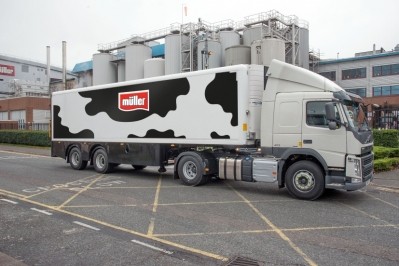Avoid recall risk through ‘Never Events’

By using the principle, changes can be made to reduce the product recalls caused by unnecessary errors, said RQA Group managing director Vince Shiers.
Never Events are defined by the NHS as a serious incident that meets four criteria: they are wholly preventable; they have the potential to cause serious harm or death; the Never Event category has occurred in the past; and the risk of recurrence remains. Examples of a Never Event in the health sector include a surgical intervention performed on the wrong patient or the wrong site – for example, the wrong knee.
Allergen safety risks
In food manufacture, the criteria can apply to putting the wrong label on a food product, resulting in allergen safety risks, Shiers explained. “Putting products in the wrong packaging or with errors on the label should be classed as a Never Event, because these errors are totally avoidable and should never happen.”
While acknowledging that Never Events in food manufacture were “open to discussion”, Shiers suggested using a label that included erroneous information was another Never Event, along with foreign materials in finished product and unauthorised release of quarantined products.
He conceded that cross-contamination of allergens in production or the supply chain was “a more difficult issue”. While highly undesirable, it was not easily detected and would probably not be considered wholly preventable – so not a Never Event, Shiers said.
Identifying flaws
In addressing Never Events, Shiers said food firms must first identify gaps in current systems that allowed them to occur. He advised they develop a policy that reinforced senior management commitment to creating a culture where they were understood.
“Develop a plan that covers identifying, investigating, responding and managing Never Events,” Shiers said. “Include Never Event elimination steps in the internal audit programme and seek external challenge of your Never Events, to ensure the elimination steps are robust.”
Other advice included the introduction of governance mechanisms with respect to regular reporting on Never Events and ‘near misses’ at senior management meetings. “Once embedded, review the Never Event list annually and consider including other areas, such as health and safety.”
















